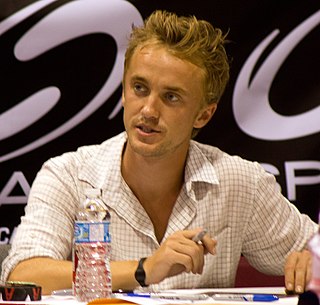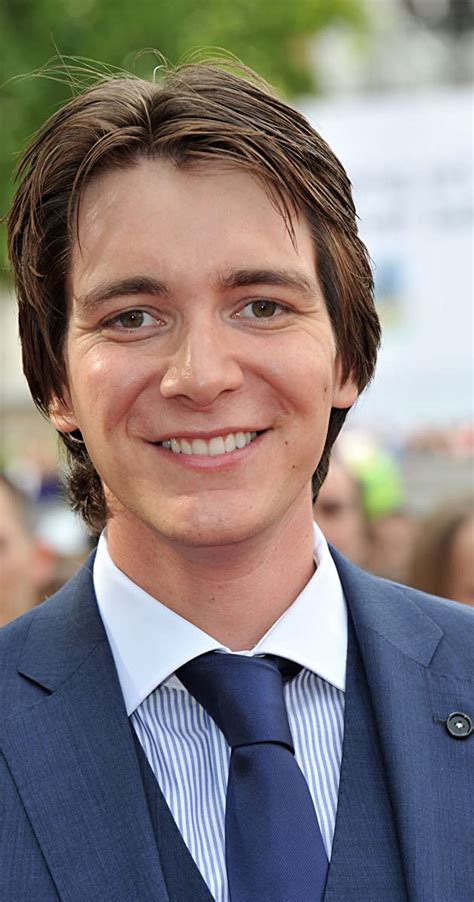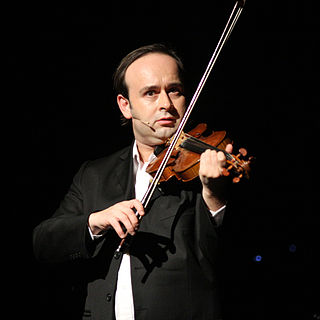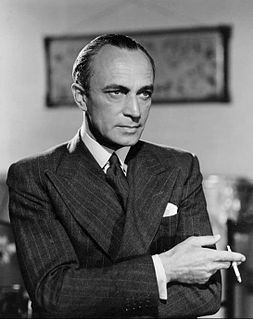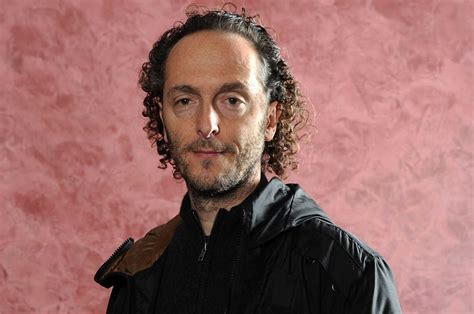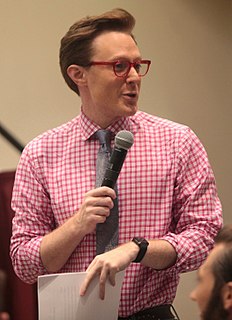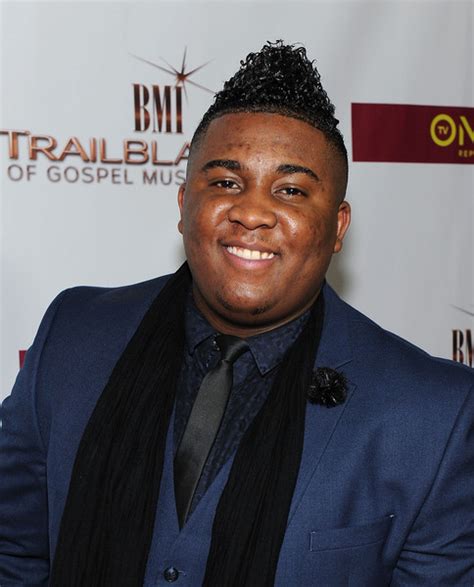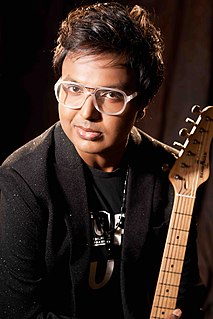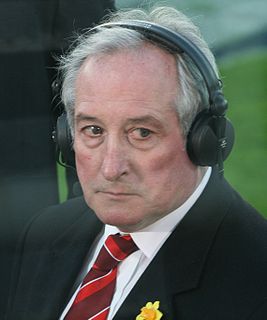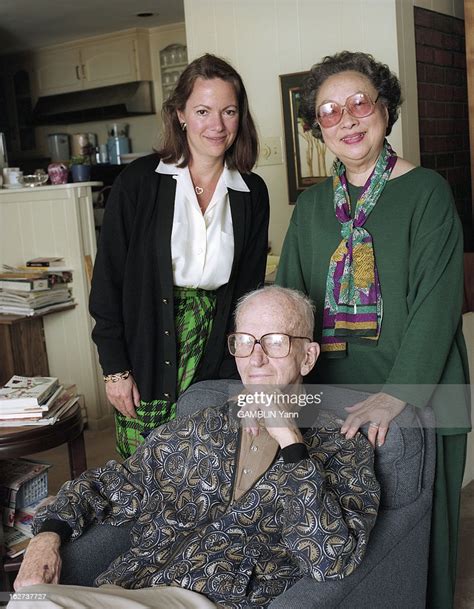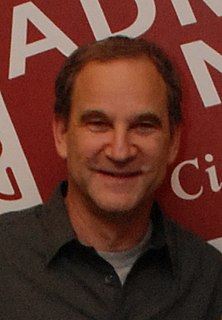A Quote by John Knoll
'Phantom Menace' was a huge project. It was the biggest visual effects production ever done at that point, and it was a little scary how big it was and how many unknown technologies had to be developed to do that work.
Related Quotes
In high school and college, I'd set a bunch of goals for myself. I wanted to be the lead effects supervisor on one of these really big, innovative visual effects productions, something on the scale of a 'Star Wars' movie. And I wanted to work on a project that wins the Academy Award for best visual effects.
The biggest problem I had - and the biggest problem teenagers have - is not how they dress, how they look or how they act or talk. It's how they see themselves - their self-esteem. In the tenth grade, I realized I am who I am. I've got big ears and big feet. I can etiher sulk around or I can be happy with who I am. The minute I decided to be confident with who I was, all that other stuff stopped. It's all in the way you carry yourself.
I don't necessarily think there's a difference in terms of how the film industry and the ad industry view visual effects. If visual effects (or the lack thereof) are used as a tool to strengthen an idea, they're great. If they are meant to carry more of a load in the absence of a concept, they're a waste and a distraction.
There is no real scientific debate over what is happening; of course there is debate over exactly how it is going to play out in the decades ahead, because this is a large experiment that we haven't done before, and no one knows precisely how one can ever precisely predict what effects this heat will have. But all the science in the last few years, or almost all of it, really serves to show that the effects are larger and more rapid than we had thought even a decade ago.
I would say the producer is the person who is there from the beginning to the end of the project. Either the person who creates, generates, or discovers the project, the person who performs many of the functions that are necessary to getting that project to the point where it is financed and then where it is in production, finished, marketed and released.

